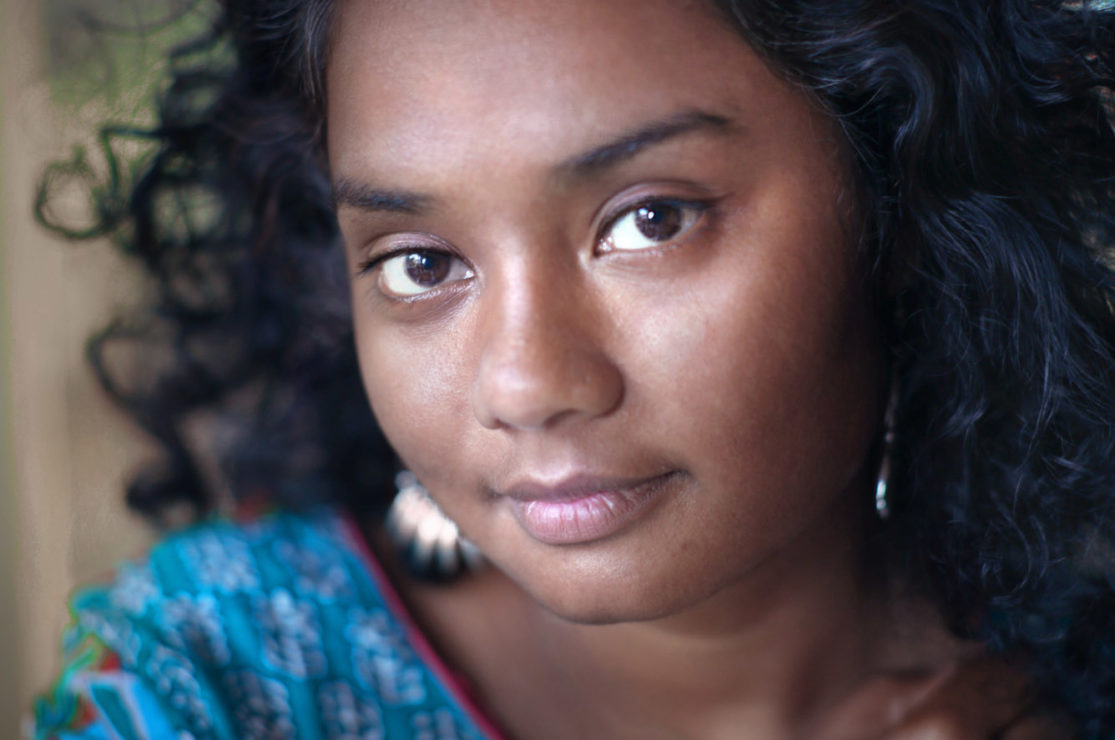It’s pretty difficult to get onto Thenmozhi Soundararajan’s calendar these days. One recent appointment had to be rescheduled twice because Thenmozhi (pronounced Ten-mory), was working non-stop to help a Muslim organization deal with yet another attempt to hack their website. Thenmozhi is the founder of Equality Labs, a South Asian American technology collective of women, gender non-conforming, and trans people. The organization blends art, technology, and storytelling to support South Asian cultural and religious minority communities in the Bay Area.
While cybersecurity is an obvious challenge in the digital age, human rights organizations are especially concerned – and for good reason. For activists, according to Thenmozhi, “the internet is not safe for us.” She points out that her colleagues’ websites are regularly hacked, and that their opponents use the internet to issue rape and death threats, and even compromise peoples’ safety in their workplaces. Given the harsh rhetoric on immigration policy in the runup to the 2016 presidential election, undocumented activists began receiving threats to expose their identities to government officials.
The problem, Thenmozhi says, is that people don’t know how vulnerable they are, and they don’t know how to protect themselves. “In order to speak truth to power, we need to do so safely,” she says.
Thenmozhi compares online activity to wandering down a dark street in a dangerous neighborhood. “We need to have street smarts when we engage in the internet just like we would in real life. Nobody here would walk out in the middle of the night with their wallet out and their keys in their hand. But we don’t think about safety when we’re online.”
To combat this, Equality Labs conducts trainings, produces materials, and offers counseling to help activist organizations protect themselves.
Thenmozhi was born in Los Angeles and became a community organizer and activist at a young age. She was inspired to fight discrimination against the Indian Dalit community – formerly known as the “untouchable” caste (her online alter ego is “Dalit Diva”). She then went to film school and began integrating art and storytelling to tackle issues of identity and sexual violence. She soon founded a technology collective called Third World Majority, and then went on to create Equality Labs, which brings together the many strands of her activism.
After the election, there was a heightened demand for Equality Labs’ work, as social justice organizations grew increasingly concerned about cyber safety. She turned to The San Francisco Foundation’s Rapid Response Fund, which provides support to organizations by helping them quickly respond to unanticipated challenges or opportunities around racial and economic equity. Within three weeks, Equality Labs received a grant for $15,000 to conduct more trainings and provide additional one-on-one support to vulnerable groups.
Equality Labs is also using the funds to translate their popular one-page guides (like this one on how to protect your smartphone) as well as their full 200-page curriculum into Arabic, Urdu, Hindi, Somali, Chinese, and Vietnamese.
For many human rights organizations struggling to stay safe in a dangerous digital world, Thenmozhi says, this work is a long time coming, and could be key to protecting fundamental democratic freedoms.
“We’ve seen people’s lives destroyed by domestic surveillance and we’ve lived through COINTELPRO and our current surveillance of Muslim Communities,” she says. “I think that our best defense is caring for each other. We have to be able to tap into the joy that will allow us to pass through this very dark period and know that the best defense during this time is a collective one rooted in resilience.”
By Eric Brown, foundation consultant


